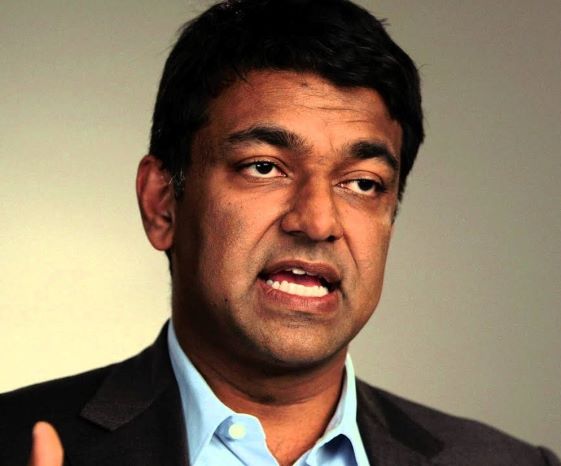The Rockefeller Foundation will work with e-GUIDE and Atlas AI to promote climate resilient infrastructure investment and economic development.
The Rockefeller Foundation, a leading international philanthropic donor, has announced a new USD 5.5 million collaboration with e-GUIDE and Atlas AI to accelerate economic development and promote climate resilient infrastructure investment across Sub-Saharan Africa.
Africa to bear the brunt of climate change
Even though Africa contributes less than 3% of global carbon emissions, it is expected to bear the brunt of the economic impact of climate change, according to the African Development Bank. The World Bank reports that current efforts to build resilience to climate change into Africa’s food systems are effective, but fall short when it comes to tackling the problem at scale.
Hundreds of millions of people lack access to safe, reliable electricity in sub-Saharan Africa, hindering many governments’ development and climate resilience goals. There is a lack of widespread data about Africa’s transportation infrastructure constrains investment in resilient solutions in a sector that is responsible for around a quarter of all global emissions.
Data analysis
In response, the platform developed by e-GUIDE, Atlas AI, and the Kigali Collaborative Research Centre (KCRC) is the result of thousands of hours of computation across petabytes of data covering electrification, agriculture, transportation, and human settlement activity, breaking down the silo-focused approach prevalent in many traditional sector-specific development data platforms.
Leveraging satellite data and machine learning technologies, this three-year effort will produce unprecedented insight into the well-being of communities through a ground-breaking digital platform building on new research and publicly available data sets, covering the nexus of agriculture, energy, and transportation sector development conditions.
“We are starting in Nigeria, Rwanda, Uganda, and Kenya,” said Jay Taneja, Assistant Professor of Electrical and Computer Engineering at University of Massachusetts Amherst, and principal investigator on the project. “These four countries represent places where we already have strong relationships and are already collaborating on projects. We look forward to expanding the initiative’s coverage to more countries in the coming years.”
“We want to develop tools to measure how infrastructural developments such as roads, electricity systems, and agriculture lead to economic development,” said Taneja. “We want to understand which combinations result in the most extensive and fastest economic development, primarily in countries in sub-Saharan Africa.”
Assisting policy makers
The platform will provide policymakers with extensive cross-sectoral insight into where new infrastructure development can help mitigate community vulnerabilities and promote economic opportunities, ultimately assisting efforts to prioritise and sequence investments more effectively in these key sectors.
“While data science has been used to improve individual development projects, we have not yet unlocked its potential to improve development at a systems level — which is critical, because efforts to drive change in energy, agriculture, and transportation must be integrated to make opportunity universal and sustainable,” said Zia Khan, Senior Vice President of Innovation at The Rockefeller Foundation.
Rockefeller Foundation, Atlas AI and e-Guide
Launched in 2018 by The Rockefeller Foundation alongside University of Massachusetts Amherst, Columbia University, Carnegie Mellon University, and the Colorado School of Mines, e-GUIDE (Electricity Growth and Use In Developing Economies Initiative) is an effort to apply data science to electricity demand prediction in energy-poor emerging economies.
e-GUIDE, which has successfully harnessed AI to predict electricity consumption in Africa and measure productive use of energy in Africa’s agriculture sector, is joined in the effort by Atlas AI, a public benefit technology start-up based in Silicon Valley.
e-GUIDE and Atlas AI have also partnered with the KCRC in Rwanda to leverage KCRC’s research and innovation leadership in energy systems, data science, artificial intelligence, transportation, and climate change across Africa.
MENA region energy investments are set to reach USD 879 billion by 2025, with green energy a leading sector for investment.

1 Comment
Pingback: GABI focuses on USD 2.5 trillion African market